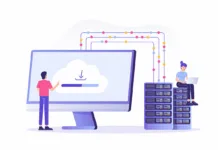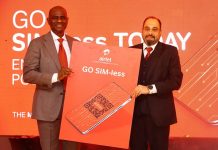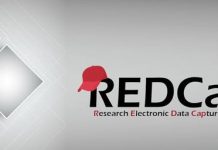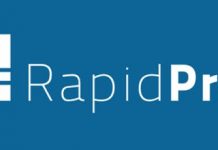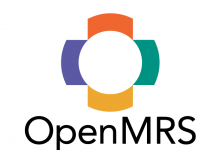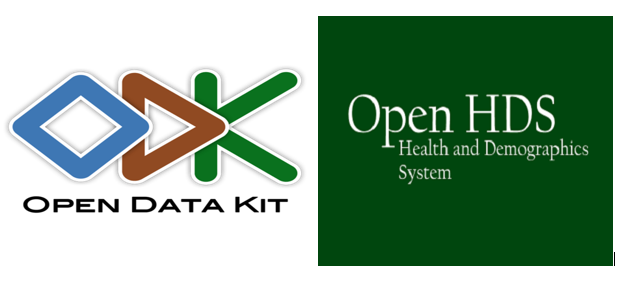
Course Details
Course Name: Training Course In Installation Use And Management Of Data Using Open HDS And ODK
Delivery Mode: Classroom-based
Course Duration: 5 Days
Course Price: USD 1,100.00 or KES 75,000.00
Registration Link: Click here to register
Introduction
OpenHDS is an open-source Android tablet application that enables community field workers to collect births, deaths, migrations, pregnancies, deliveries, immunization, and other pertinent health information. Field workers can collect data “offline” and upload data to the OpenHDS server when they have mobile connectivity. Health program administrators and policymakers can thus have real-time access to health and demographic information in the community. The web-enabled, tablet-based OpenHDS application allows users to efficiently select previously registered individuals and launch various Open Data Kit (ODK) forms to collect additional demographic, morbidity, and service delivery information. The mobile application facilitates the collection, through household interviews, of many health events that occur in the community (or outside the formal health system). Even with a relatively small target population, accurate and statistically significant health and demographic rates can be computed when health events are combined with ongoing population demographic information. In addition to computing demographic data, health administrators and researchers are able to assess health system utilization and the burden of disease for a given population over time.
The OpenHDS also maintains a consistent record of significant demographic events that occur to a population in a fixed geographic region and generates up-to-date registration books. This course focuses on the installation, use, and management of openHDS. The concepts presented are reinforced with practical exercises at the end of each section. We also provide additional exercises and materials at the end of each module and access to our experts for any further questions.
This Course Is Suitable For People Working In:
Impact Evaluation, Monitoring and Evaluation, Academic Research, Market Research, Field Research, Agriculture, Health, Education, WASH, Handicapped, Human rights, Emergencies/disasters, Advocacy, Education, Environment, Small business development, Community development, Rural Development, Women, Youth, Population, Rehabilitation, Culture, Capacity Building, Appropriate technology, Income, generation, Private sector, Refugees/displaced.
Who Should Attend?
This course is geared towards clinical researchers, investigators, research nurses, study coordinators, and all other study staff health records officers.
Requirements
This training is designed for participants who are reasonably proficient in English and have an understanding of basic ICT concepts.
Duration
5 days.
Learning Objectives
The training aims at building the capacity of researchers, health record managers, and practitioners to monitor, manage and maintain demographic data and health information.
Topics to be covered
Module 1: Understanding HDS
- Introduction and definitions
- Standards (according to UN and WHO) and applications
- Methodologies, Uses of HDS, and Importance of HDS
- Advantages
- Disadvantages
- Case study
Module 2: Installation of the software
- Installation of openHDS
- Application and use of openHDS
- Installation of ODK
- Application and use of ODK
Module 3: Connection of HDS and ODK
- System design
- Deployment/application
- Improving data collection process
- Standardizing direct data collection
- How HDS and ODK work hand in hand
Module 4: Connection of ODK Aggregate and ODK Collect
- Definitions of ODK Aggregate and ODK Collect
- Installation
- Application
- Importance of upgrading different servers
Module 5: Data Quality Management
- Improving data collection process
- Standardizing direct data collection
- Database and data warehouses
- Consistent and efficient data integration
- Well structured, consistent data fields within the EWD(records)
- Autonomy and data architects
- Improved analysis through the use of Metadata
Methodology
The instructor-led training is delivered using a blended learning approach and comprises of presentations, guided sessions of practical exercise, web-based tutorials, and group work. Our facilitators are seasoned industry experts with years of experience, working as professionals and trainers in these fields.
All facilitation and course materials will be offered in English. The participants should be reasonably proficient in English.
Accreditation
Upon successful completion of this training, participants will be issued a certificate of participation.
Training Venue
The training is residential and will be held at T4D Training Centre in Westlands Nairobi, Kenya. The course fees cover the course tuition, training materials, two break refreshments, lunch, and study visits.
All participants will additionally cater for their, travel expenses, visa application, insurance, and other personal expenses.
Tailor-Made
We can also tailor-make our courses for you. This way, you/your organization will benefit by:
- Using own tools during the training
- Being able to choose areas of interest you wish the trainer to put more emphasis on
- Taking the course in-house or at a venue of choice
- Cutting on the cost of transport and accommodation
For further inquiries, please contact us on details below:
Email: outreach@t4d.co.ke
Mobile: +254706909947
Accommodation
Accommodation is arranged upon request. For reservations contact the Training Officer.
Email: outreach@t4d.co.ke
Mobile Number: +254706909947
Training Fee
The course fee is KES 75,000.00 or USD 1,100.00 exclusive of VAT. The course fees covers the course tuition, training materials, two (2) break refreshments, lunch and study visits. Participants will cater for their travel and accommodation costs.
Payment
Payment should be transferred to Tech For Development – T4D account through bank on or before the course starting date.
Send proof of payment to outreach@t4d.co.ke
Cancellation Policy
Payment for all courses includes a registration fee, which is non-refundable and equals 15% of the total sum of the course fee.
- Participants may cancel attendance 14 days or more prior to the training commencement date.
- No refunds will be made 14 days or less to the training commencement date. However, participants who are unable to attend may opt to attend a similar training at a later date, or send a substitute participant provided the participation criteria have been met
Please Note: The program content shown here is for guidance purposes only. Our continuous course improvement process may lead to changes in topics and course structure
Related Courses
- Online, Self-paced, eLearning Training Course in Mobile Data Collection using KoBoToolbox
- Online, Self-paced, eLearning Training Course in Mobile Data Collection using ODK
- Training Course In Mobile Data Collection, Analysis, And Mapping Using ODK
- Training Course In Mobile Data Collection For M&E Using ONA And KoBoToolbox
- Training Course In Mobile Data Collection For M&E Using ODK And KoBoToolbox
- Training Course In ODK-X For Longitudinal Data Collection, Management, And Analysis
- Training Course In Mobile Data Collection Using CSEntry – CSPro
- Training Course In Nutrition Assessment And Survey Using ENA/ EPI INFO
- Training Course In OpenMRS
- Training Course In RapidPro
- Training Course In Survey Data Collection Using REDCap
- Training Course In Mobile Data Collection And Mapping For M&E And Scientists
- What is Mobile Data Collection
- What is Open Data Kit – ODK
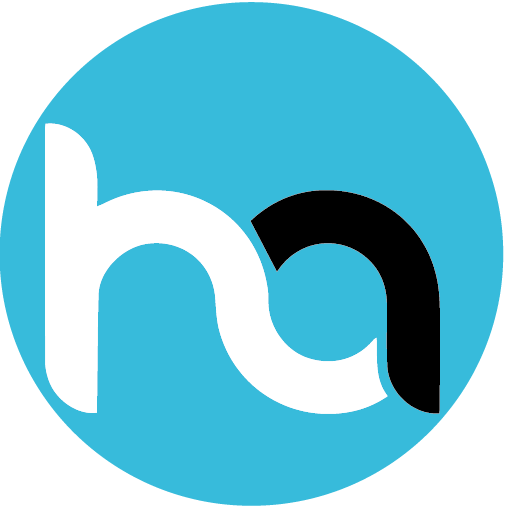
Do you have any news or article you would like us to publish? Kindly reach us via outreach@t4d.co.ke or howtodoafrica@gmail.com.




